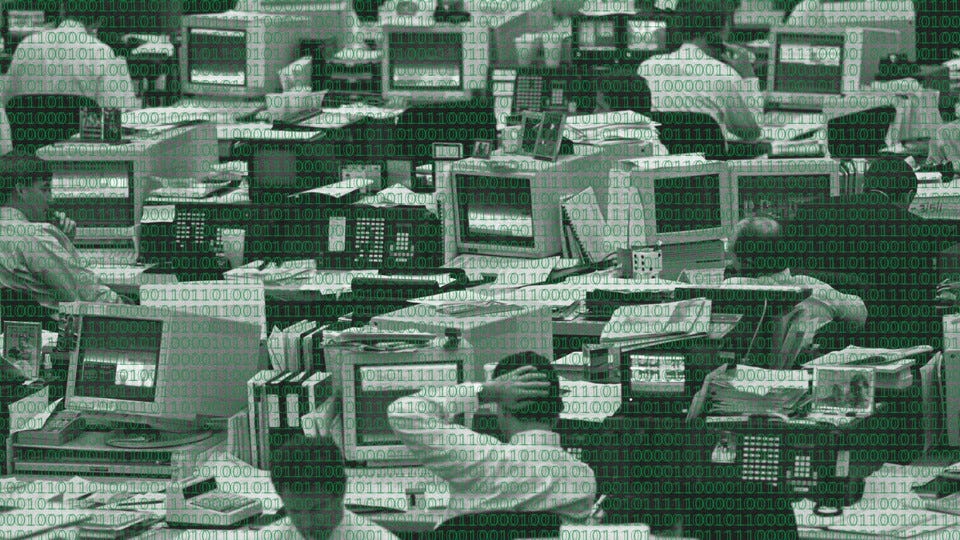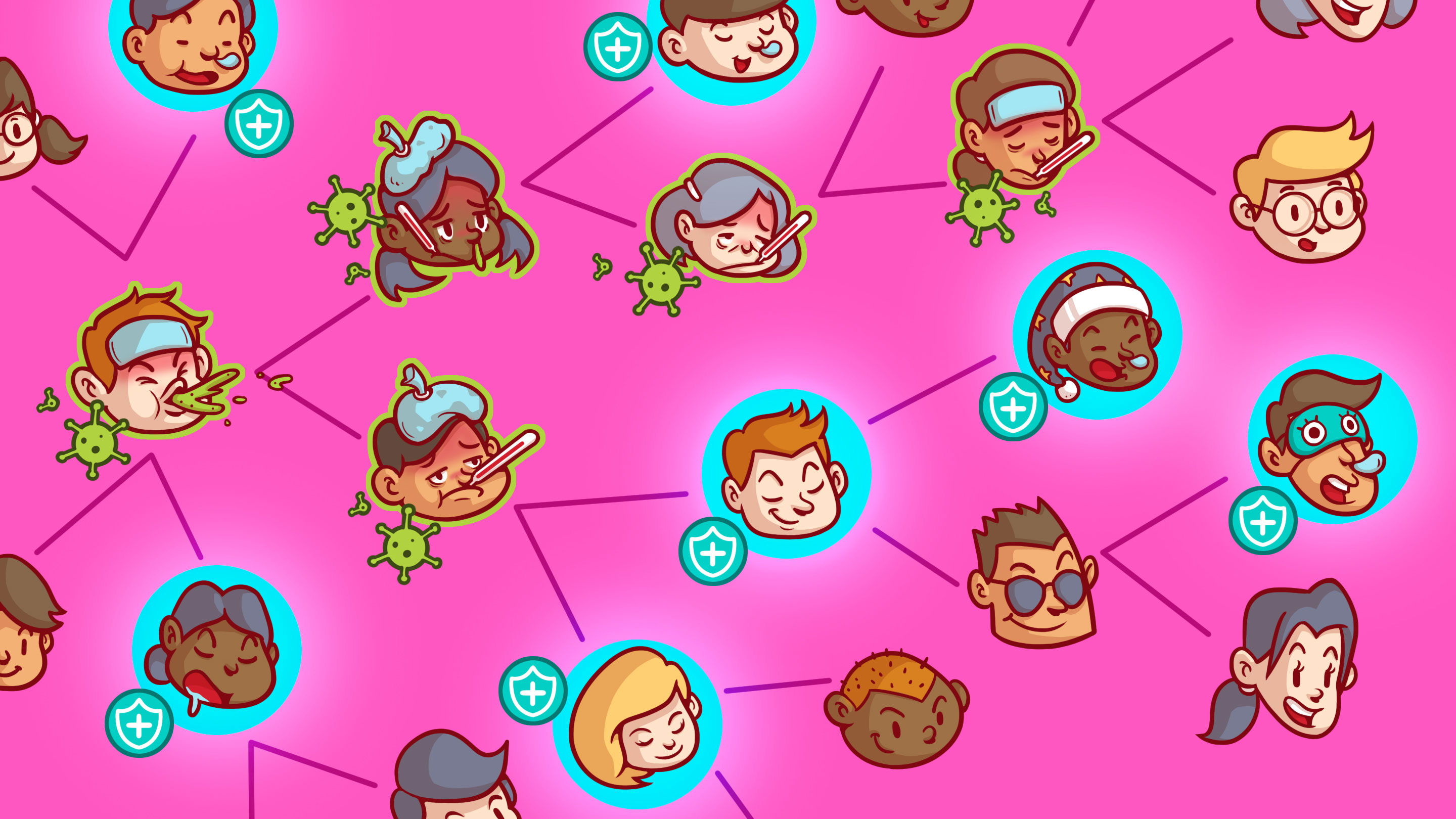Dear Readers,
As summer takes its full hold, we bring you the ninth edition of Chai-Shai bytes, hoping that you read it along your cool breezy refreshments. This edition will bring you an amalgamation of topics which cover how the economic landscape is changing with technological advancements. Read on to find more about the Arrow’s Impossibility Theorem, AI algorithms creating digital copies and being a generalist.
3 Reading Recommendations
- ChatGPT, a cutting-edge generative AI model, is poised to transform the economy in ways we have yet to fully comprehend. Companies and executives see a clear chance to cash in on this technology, but its impact on workers and the economy as a whole is uncertain. ChatGPT and other generative AI models hold the promise of automating tasks previously thought to require human creativity and reasoning. However, their record in improving prosperity and spurring widespread economic growth is discouraging. It’s up to us to decide how this technology will shape our future. | How ChatGPT will revolutionize the economy.
- “Picture this: you’re a generalist, a jack-of-all-trades. You’ve got skills in Sales, Product, Design, Marketing, Storytelling, Negotiation, Copywriting, Data Analysis, Buyer Psychology, People Management and Project Management. You understand how people make decisions, you know how to reduce cognitive load and you’re a master at understanding incentives. Being a generalist isn’t easy - it takes hard work and dedication to master all these disciplines. But once you do, you’ll be unstoppable. You’ll be able to tackle any challenge that comes your way and come out on top. So go ahead, become a generalist - the world is your oyster!” | Being a generalist is harder than it sounds.
- ChatGPT acknowledges its potential to automate white-collar jobs that involve repetitive tasks, such as data entry and customer service. Experts predict significant changes in the labor market, with some jobs becoming obsolete and others requiring new skills. While some see AI as creating new job opportunities, others warn of job losses. Ultimately, the impact of AI on the workforce depends on technological advancements, governmental policies, and workers' adaptability. It's also worth noting that AI's impact on the workforce may vary across different industries and regions. Moreover, the ethical and societal implications of AI automation in the workplace should also be taken into account. Read about this more on | How ChatGPT Will Destabilize White-Collar Work.

1 Mathematical Concept to Ponder Upon
In 1951, economist and mathematician Kenneth Arrow proved a remarkable theorem that showed the impossibility of designing a perfect voting system. Arrow's Impossibility Theorem states that if a voting system satisfies certain seemingly reasonable criteria, then it must be dictatorial or subject to manipulation. The criteria that Arrow considered include the preferences of individuals, the independence of irrelevant alternatives, and the Pareto efficiency. Arrow's theorem has far-reaching implications for political science, economics, and social choice theory.
The theorem is often explained using the example of three voters who must decide which of three candidates should win an election. Each voter has their own preferences, and the voting system must take those preferences into account. Arrow showed that no matter how the voting system is designed, it cannot satisfy all the criteria that he considered. If there are three or more candidates, then no voting system can be designed that will always produce a fair result. | Arrow's Impossibility Theorem | Infinite Series
1 Crazy Idea Picking Up Steam
Imagine being able to take a real-world object and turn it into a digital copy with just the click of a button. That’s exactly what researchers Delio Vicini, Sébastien Speierer, and Wenzel Jakob have achieved with their new AI-powered algorithm. By using a combination of physically based differentiable rendering and signed distance functions, the algorithm can analyze reference images and known environment illumination to learn about an object’s geometry and material. The result? A detailed digital copy that captures both the object’s shape and texture. It’s like having a 3D scanner in your pocket! | This AI Algorithm Can Create Digital Copies of Real-World Objects
1 Tech in Pop-Culture
Fears of a worldwide monoculture have been proven wrong as globalization brings diversity to the forefront, driven by rising incomes and the internet. Pop culture has become more diverse, with borders mattering less than they used to. The decentralization of cool is forcing change upon the arts and entertainment industry to recognize that many tastemakers come from the developing world, while also serving as a vector of soft power through which countries can shape others' preferences. Read about the broader transformation towards a multipolar pop culture | How pop culture went multipolar.



